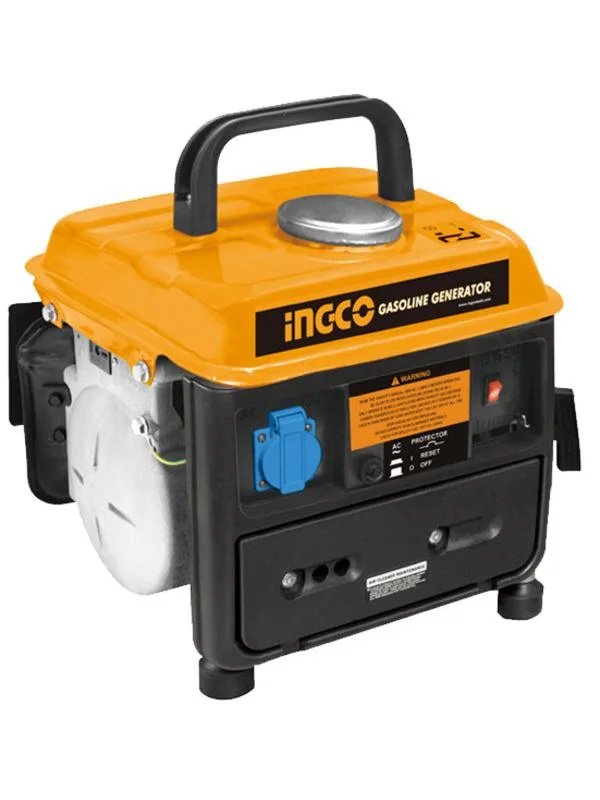
بيت العدد الأصلية | مولد كهرباء 6500 شداد 5000 وات 5 كيلو وات | ماركة | دي سي أيه - DCA بأفضل سعر فى مصر

JLT 5000W 5kVA 6000W 6000واط 6kV Key Start Factory Price Portable محرك ديزل صامت مبرد بالهواء 186fa موديل DENYO 6 كيلو واط للاستخدام المنزلي - الصين مولد الديزل بقدرة 5000 واط، مجموعة

Source مولد كهربائي محمول ، دليل مولد كهرباء 2KW 3KW 4KW 5KW ، مولدات للمنزل مع السعر on m.alibaba.com

عملاق المنازل مولد كهرباء 30 كيلو واط -بدون وقود -بدون صوت -ذاتي الحركة -طاقة لاتنفذ للمنزل |zorro - YouTube

100% نحاس! ! سعر المصنع JLT Kipor النوع Kde6500t 6kw مولد الديزل الصامت 7.5 كيلوفولت أمبير من نوع Kipor الاستخدام المنزلي مولد الديزل Portble - الصين مولد الديزل، مولد الديزل بقدرة 5




















